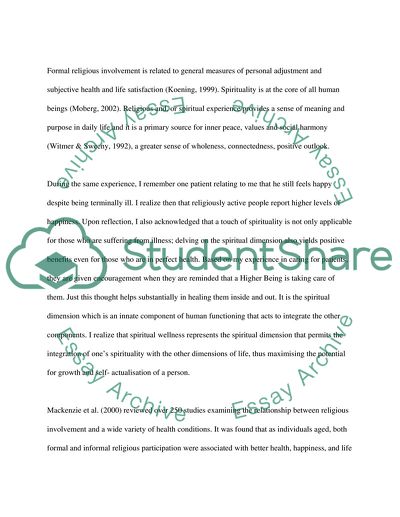Cite this document
(“The Role of the Nurse as an Advocate: A Reflectionon Learning and Essay”, n.d.)
The Role of the Nurse as an Advocate: A Reflectionon Learning and Essay. Retrieved from https://studentshare.org/health-sciences-medicine/1539948-the-role-of-the-nurse-as-an-advocate-a-reflectionon-learning-and-spirituality
The Role of the Nurse as an Advocate: A Reflectionon Learning and Essay. Retrieved from https://studentshare.org/health-sciences-medicine/1539948-the-role-of-the-nurse-as-an-advocate-a-reflectionon-learning-and-spirituality
(The Role of the Nurse As an Advocate: A Reflectionon Learning and Essay)
The Role of the Nurse As an Advocate: A Reflectionon Learning and Essay. https://studentshare.org/health-sciences-medicine/1539948-the-role-of-the-nurse-as-an-advocate-a-reflectionon-learning-and-spirituality.
The Role of the Nurse As an Advocate: A Reflectionon Learning and Essay. https://studentshare.org/health-sciences-medicine/1539948-the-role-of-the-nurse-as-an-advocate-a-reflectionon-learning-and-spirituality.
“The Role of the Nurse As an Advocate: A Reflectionon Learning and Essay”, n.d. https://studentshare.org/health-sciences-medicine/1539948-the-role-of-the-nurse-as-an-advocate-a-reflectionon-learning-and-spirituality.


